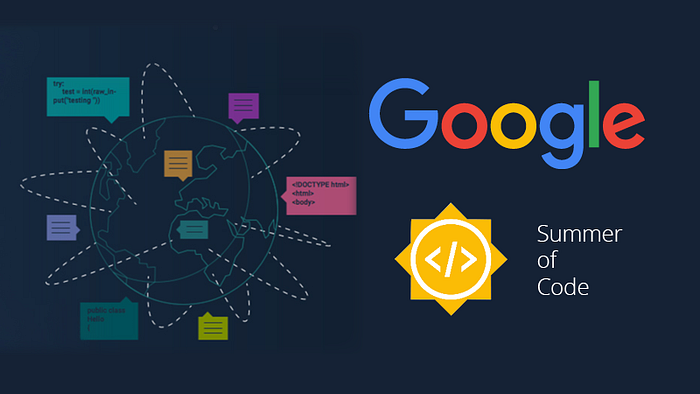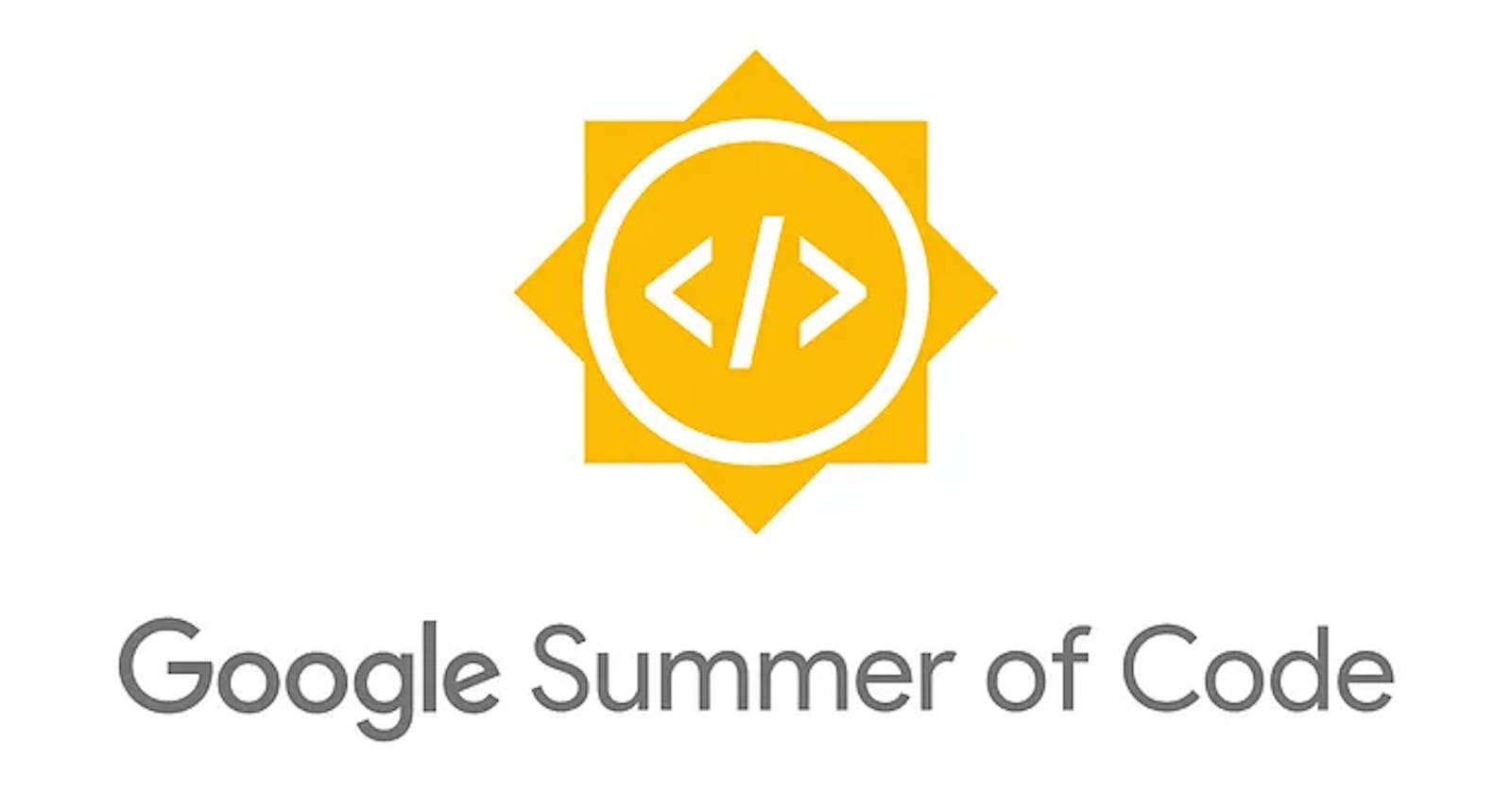Google Summer of Code (GSoC) is an exceptional opportunity for students to immerse themselves in the world of open-source software development. It offers a platform to collaborate with experienced mentors, contribute to influential projects, and gain invaluable skills and experience. In this article, we will explore the GSoC application process, providing you with a step-by-step guide to maximize your chances of being selected for this prestigious program.

1. Research and Choose an Organization:
Before applying to GSoC, take the time to research and identify the open-source organization that aligns with your interests and goals. Visit the GSoC website to explore the list of participating organizations and review their project ideas. Look for projects that resonate with you and match your skill set.
2. Familiarize Yourself with the Organization:
Once you’ve chosen an organization, it’s crucial to become familiar with its community, codebase, and development practices. Subscribe to their mailing lists, join their forums or chat channels, and browse their issue trackers to gain insights into ongoing discussions and challenges. Understanding the organization’s culture will help you tailor your application to their specific needs.
3. Strengthen Your Technical Skills:
GSoC seeks talented and passionate students with solid technical skills. Take the time to enhance your programming abilities, whether it’s through personal projects, online courses, or contributing to other open-source projects. Familiarize yourself with the programming languages, frameworks, and tools commonly used by the organization you’re interested in.
4. Interact with the Community:
Engaging with the open-source community is crucial during the application process. Introduce yourself on the organization’s communication channels, ask questions, and seek guidance. Actively participating in discussions and demonstrating your willingness to learn and contribute will make you stand out to the mentors.
5. Draft a Strong Proposal:
The project proposal is a vital component of your GSoC application. Craft a well-structured and comprehensive proposal that showcases your understanding of the project and outlines your plan to tackle it. Clearly define the project’s goals, timeline, and deliverables. Demonstrate your ability to break down complex tasks into manageable steps. Remember to highlight any relevant experience or previous contributions.
6. Seek Feedback on Your Proposal:
Before submitting your proposal, seek feedback from the community and potential mentors. Share your draft on the organization’s communication channels and ask for suggestions and improvements. Incorporate their feedback to refine your proposal and make it more compelling.
7. Submitting Your Application:
When submitting your application, ensure that you adhere to the guidelines and deadlines set by GSoC. Double-check that you have included all the necessary information, such as your contact details, project proposal, and relevant experience. Pay attention to any specific requirements mentioned in the application form.
8. Prepare for the Selection Process:
After submitting your application, it’s essential to be prepared for the selection process. Keep an eye on the GSoC timeline for updates and notifications. The organization may reach out to you for further discussions or to assess your skills through coding challenges or interviews. Be responsive, proactive, and demonstrate your commitment to the project.

If we talk about the timeline, it generally takes place during the summer months. The exact timeline for GSoC varies from year to year, but typically the program begins in April or May and runs for a period of three months.
Here is a general timeline of how the GSoC program typically unfolds:
January/February: Google announces the program and invites open-source organizations to apply to participate.
March: Open source organizations submit their project ideas and application materials to Google.
April: Google announces the list of participating organizations and their project ideas. Students can start submitting their proposals to the organizations.
May: Students are selected by the organizations and matched with mentors. The GSoC program officially begins.
June-August: Students work on their projects with guidance from their mentors.
August/September: Students complete their projects and submit their final evaluations.
If you are interested in participating in GSoC, you should start by familiarizing yourself with the program and the timeline, and then start looking for open-source projects and organizations that align with your interests and skills.
Conclusion:
Google Summer of Code presents an exceptional opportunity to kickstart your journey in open-source software development. By following these steps and putting in the necessary effort, you can maximize your chances of being selected for this transformative program. Embrace the collaborative spirit, learn from experienced mentors, and contribute to meaningful projects. GSoC can be a stepping stone towards a successful career in software development and an invaluable experience that will shape your future. Don’t hesitate — apply for GSoC and unlock the door to open-source success!
I hope this information is helpful! If you have any further questions about the GSoC program, please don’t hesitate to ask. If you really found this blog informative, give it a like and support it so that I can keep bringing content like these for you guys.
Connect with me on LinkedIn:
